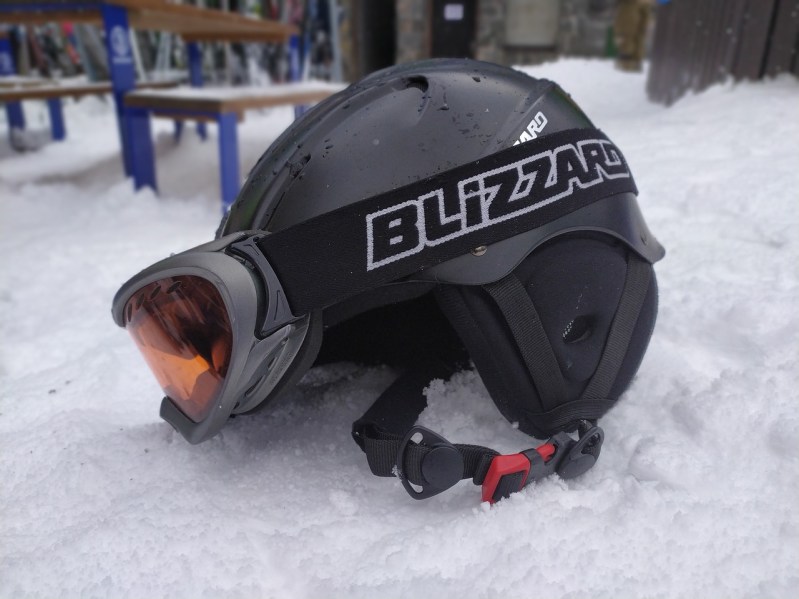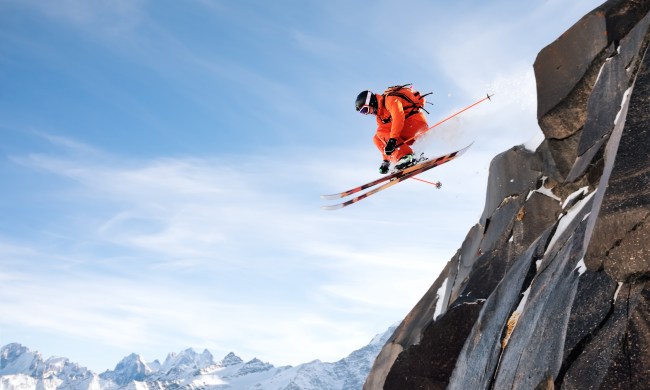
Whether you’re skiing or snowboarding gentle groomers or backcountry in the heart of Canada, using a helmet is a no-brainer (pun intended).
But this month, researchers Tamar R. Makin and John W. Krakauer from the Cognition and Brain Sciences Unit of the University of Cambridge and Johns Hopkins University School of Medine published a study that seriously questions our understanding of our brain health and its elasticity.
“The idea that our brain has an amazing ability to rewire and reorganize itself is an appealing one. It gives us hope and fascination, especially when we hear extraordinary stories,” says Krakauer from Johns Hopkins University.
But as Krakauer and Makin explain in their study, this reassuring notion falls short of what is really happening in your brain.
“This idea goes beyond simple adaptation or plasticity – it implies a wholesale repurposing of brain regions. But while these stories may well be true, the explanation of what is happening is, in fact, wrong.”
What did they find?
In their study, Krakauer and Makin reviewed keystone studies that led to the idea that the brain can utilize different parts of the cortex to rewire and reorganize itself. To guide their review, they set out qualitative criteria to determine if there were signs of brain reorganization:
We conclude that none of the canonical studies we reviewed convincingly fulfill these criteria. As such, we did not find good evidence for the existence of functional pluripotency for [the] cortex in any period of development; instead, the assignment of brain function to a given cortical structure is likely to be largely fixed at birth. Cochlear implants for congenital deafness, sight restoration for congenital blindness, and peripheral or central sensory stimulation in amputees/deafferented patients all point to functional preservation of native processing in cortical territories long deprived of their natural inputs; they have not been ‘taken over’ by an alternative function (Krakauer, Makin, 2023, eLife, 1 December 2023, https://doi.org/10.7554/eLife.84716).
Simply put, if someone is born deaf, the brain doesn’t repurpose a different part of the cortex to make the connection and restore the function – the core function was already there. The brain seems to keep its original functions even after a lack of natural input.
So, what does this mean for brain injuries?
The implication of this finding drastically shifts our understanding of how the brain recovers from brain injuries.
Mainly, if we injure a part of the cortex responsible for a function like motor skills, the presumed idea that our cortex is flexible and able to repurpose part of the cortex to bridge the gap is now a bit hazier than it first appeared.
With this new finding, the importance of brain protection is more important now than ever before. Make sure to keep you and your brain safe with quality helmets.
Don’t depend on your ability alone to keep you out of harm’s way.
Helmets save lives.




